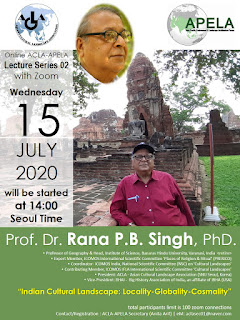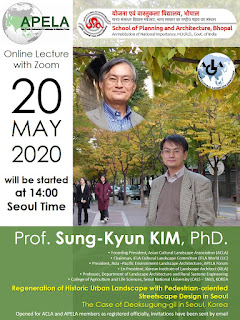ACLA Membership & APELA Forum Membership

With the aim of revitalizing the APELA Forum, we intend to organize the APELA Forum membership as well as the ACLA membership. Since this year, 2020, each ACLA member can become a member of the APELA Forum, if he/she had participated in one or more APELA activities, namely the APELA Forum 2015, or the 2016 APELA Forum, or the 2017 ACLA-APELA Workshop, or has participated a series of ACLA-APELA 2020 online lectures (minimum of 3 lectures). You can see the List of APELA Forum events participants . For those who are not yet (officially registered) members of the ACLA, can follow the steps as follows: 1. Download “2019 ACLA Membership Appl. Form” from here ; 2. Fill in the latest data into the form then send it with your latest CV by email to aclasec01@naver.com and sung@snu.ac.kr, cc to ranapbs@gmail.com ; 3. We will reply the email and attach an invoice for the payment of ACLA annual membership fee for the current year; 4. Then please send the payment


